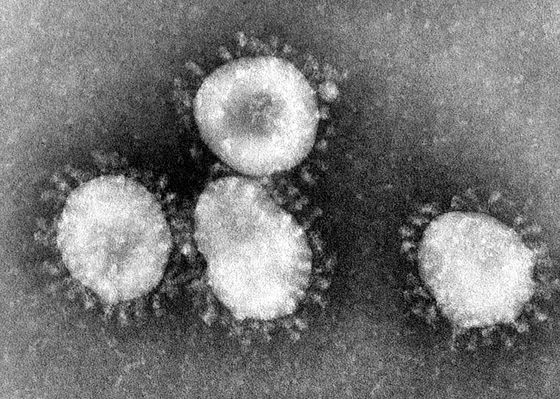How will society change in response to the never-ending pandemic of the new coronavirus?

Due to delays in vaccination with the new coronavirus and the emergence of mutant strains,
How We Live With the Coronavirus Forever --The Atlantic
https://www.theatlantic.com/science/archive/2021/08/how-we-live-coronavirus-forever/619783/
In 1980, doctors working in a British hospital conducted a small study to infect 15 volunteers with the coronavirus. Human coronavirus 229E, known as one of the causative viruses of the common cold, was used in the experiment.

Of the 15 volunteers who received human coronavirus 229E in their noses, only 10 were infected, and 8 of them had cold symptoms. Then, when the same experiment was conducted on 14 people except one in the following year, 6 people were re-infected, although no one had symptoms of a cold. From this, the doctors who conducted the experiment concluded that 'immunity to coronavirus is immediately reduced, and reinfection is not uncommon.'
At a time when the coronavirus was not considered a threat, the experiment was barely noticeable, but since early 2020, the fifth human coronavirus, the new coronavirus (SARS-CoV-2), has been released worldwide. It is causing a pandemic. According to experts, in the most optimistic scenario, the new coronavirus will, like the human coronavirus 229E, 'repeatedly cause cold-like symptoms but become a featureless infectious disease virus in the future.' It is being seen. In other words, although it cannot be eradicated, it is no longer a threat to life.
However, it is not yet clear how the new coronavirus will become familiar. This is because how the pandemic of the new coronavirus will settle down will be greatly influenced by people's behavior. Therefore, The Atlantic said, 'Just because the new coronavirus becomes familiar, we should not stop taking precautionary measures. Flattening the epidemic curve now will reduce the burden on medical institutions and will not be vaccinated. You'll have more time to vaccinate people. '

The whereabouts of a pandemic are also influenced by how the virus mutates. When many people experience infection or get immunized by vaccination, the new coronavirus, like influenza virus, mutates to avoid immunity. On the other hand, antibodies against the new coronavirus decrease over time, but the human immune system, such as B cells and T cells, continues to remember the virus, and its protective effect against aggravation and death lasts for a long time. As a result, some experts point out, 'If many people get some immunity and the threat of the new coronavirus is low, people will take the new coronavirus for granted.'
From this point, The Atlantic said, 'In the case of influenza, the social tolerance is fixed. The tolerance for the new coronavirus has not been decided yet, but the risk of infection is small as far as the spread of delta mutant strains is seen. It may happen, but it will never go to zero. Therefore, the pandemic of the new coronavirus will be in the process of seeking new tolerances for coexistence with the new coronavirus. You may remember, but I think this will become normal over time. '
Related Posts:
in Note, Posted by log1l_ks







